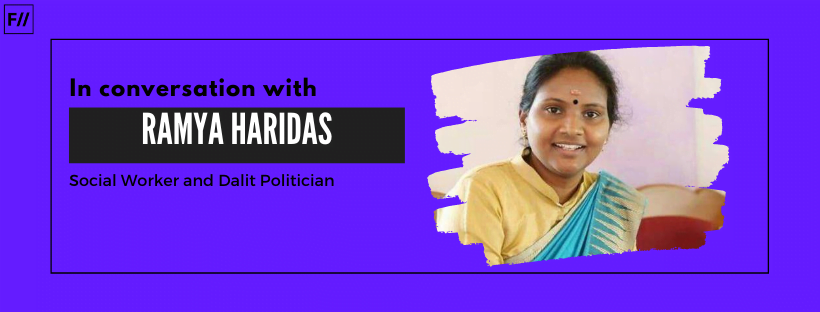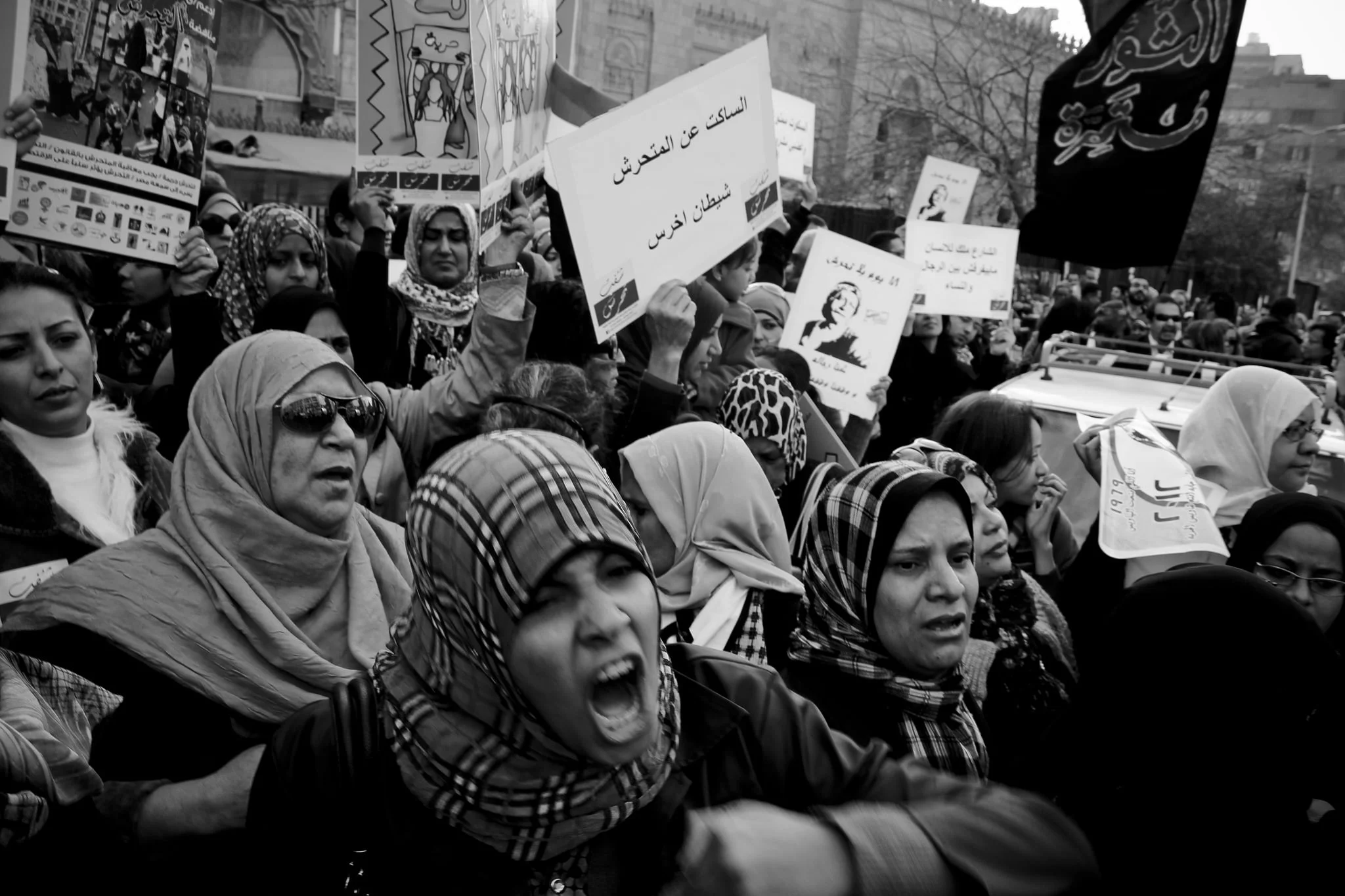Editor’s Note: FII is excited to announce its collaboration with independent journalist Poorvi Gupta who will, through multiple interviews, give us an insight into the lives of Indian women MPs and their journey in politics, particularly during the #pandemic.
The first-ever, non-left-leaning candidate to win from Alathur, Kerala — Ramya Haridas is also a first-time Member of Parliament. The 33-year-old Haridas is a rare example of a Dalit woman belonging to the economically-challenged section of society, making it to the top in politics with no political backing and that in itself is quite a success story. Haridas was handpicked by the Congress during a talent finding mission of the party and sheer talent she is. Otherwise, how does one confirm the triumph when no one from their party ever won from the constituency before?
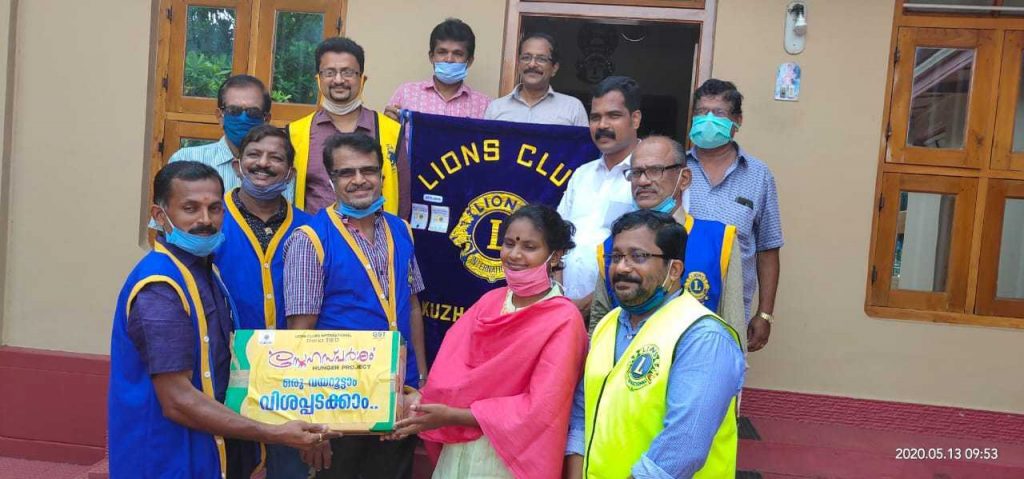
Haridas is one of those people who did not just stand up against caste-based discrimination but continue to pave the way for others. In this email interaction, she gets candid on the initiatives she launched during COVID-19 and discrimination women MPs have to overcome to instate their space in the parliament.
1. Tell us a little bit about your life before entering into politics.
Ramya Haridas: I was born in an ordinary family in Kuttikattur in Kozhikode District, Kerala. I was active in the Gandhi Darshan club activities when I was young. In 8th standard, I became a member of the Kerala Students Union (KSU). I graduated in fashion designing and Pre-primary Teacher Training.
2. How would you describe your first year being the MP of Alathur?
Ramya Haridas: Alathur Parliamentary Constituency is a region of agriculture-based rural area. I regularly interact with the people of this region including Scheduled Caste and Scheduled Tribe people and understand the difficulties faced by them.
Alathur constituency is a purely rural-based area and the people of this area depend on agriculture as their main source of income. They are socially and economically weaker as compared to other areas of Kerala. Hence, this affects their education and social status. In Palakkad District, there are so many colonies of Scheduled Caste and Scheduled Tribes without proper food and shelter. The main challenge of this region is the upliftment of these people and bringing them to the mainstream.
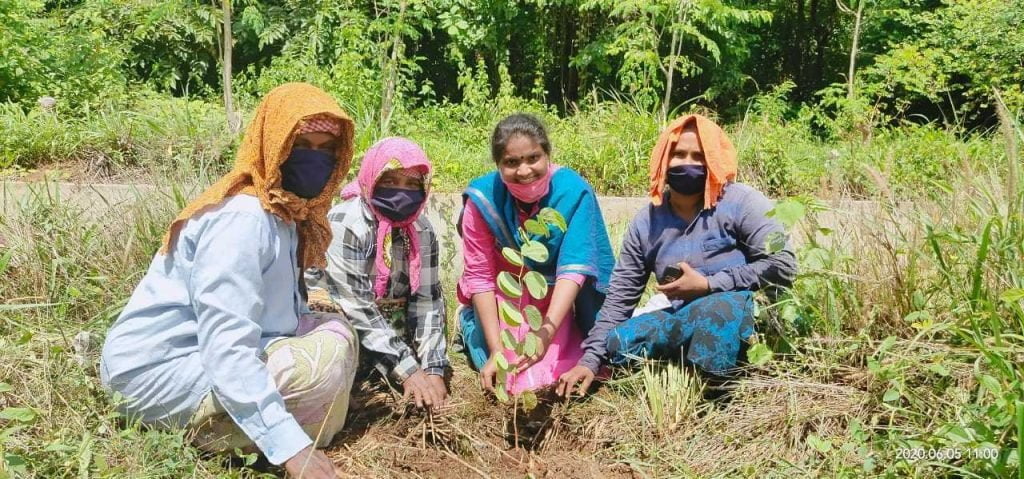
3. What are some of the new initiatives launched by you? How have they helped better people’s lives?
Ramya Haridas: I have participated in different debates in the parliament and raised submissions on different issues faced by the people of my constituency. I know that healthy people are the wealth of any nation. So I spent more time on improving people’s health-related functions and activities like such. The Government of India withdrew funds allotted to each MP as MPLADS (Member of Parliament Local Area Development Scheme) because of the COVID-19 pandemic.
But I spent maximum of the received amount for the upliftment and rescue of the patients from this pandemic. Thrissur Medical College Hospital is situated in my constituency and a huge number of people in Palakkad District are dependent on this hospital for their treatment. I have utilised an amount of Rs 40 lakh for the installation of RNA extraction unit in Thrissur Medical College for the speedy treatment of the COVID-19 patients. This machine is also helpful for the testing of all type of virus-related diseases like dengue, Nipah etc. Approximately about one crore rupees has been spent for the check-up and treatment facilities for the people in the coronavirus pandemic situation.
(This interview was conducted on June 17 so the details are accurate to that date)
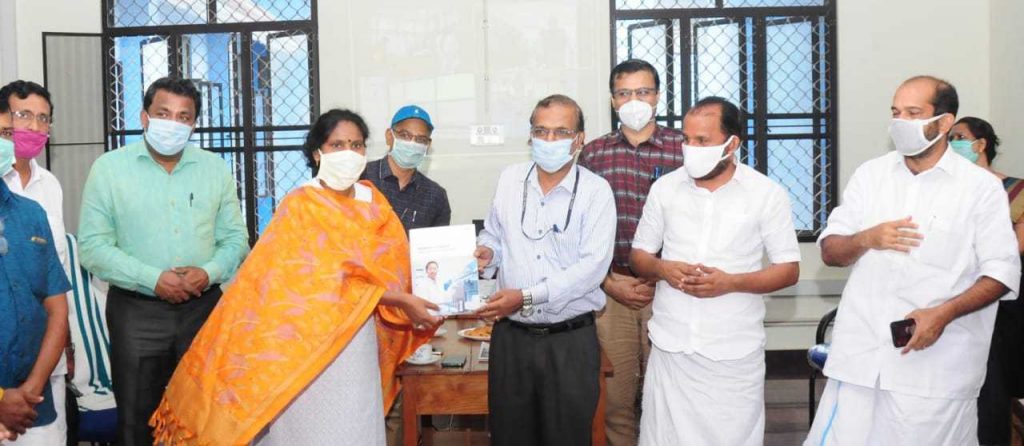
4. What do you think are some of the challenges your constituency is facing?
Ramya Haridas: Alathur constituency is a purely rural-based area and the people of this area depend on agriculture as their main source of income. They are socially and economically weaker as compared to other areas of Kerala. Hence, this affects their education and social status. In Palakkad District, there are so many colonies of Scheduled Caste and Scheduled Tribes without proper food and shelter. The main challenge of this region is the upliftment of these people and bringing them to the mainstream.
5. Do you think politics is a sexist workplace? You have been heckled a few times in the past and you have said that it’s because you are from the Dalit community. What are your thoughts on Indian still being a casteist society?
Ramya Haridas: It is true that there is sexist inequality in politics and it remains heavily male-dominated. There should be a social movement for women to come forward in all the fields that they can. I come from a Dalit community and hence, I know the difficulties faced by the people of my community. The talented women need to be encouraged and brought forward without the casteist consideration.
6. How is your constituency tackling with the COVID-19 pandemic?
Ramya Haridas: I am giving all the positive support in maximum to the government for eradicating the COVID-19 pandemic from our nation. The suggestions and directions from the health workers are followed and we are reaching out to the public with the help of our party volunteers and other committed volunteers for the safety of everyone. We are also distributing grocery and essential items to the financially-weaker sections of the constituency with the help of self-committed persons and institutions.
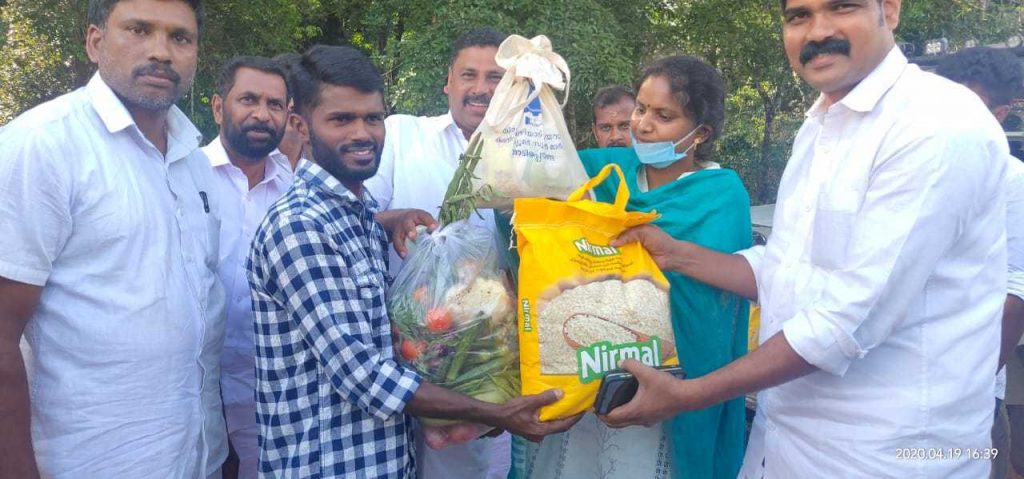
7. There has been a rise in domestic violence against women across the world; have you seen a spurt of such cases in your constituency and how are you dealing with the rise?
Ramya Haridas: It is true that there has been a rise in domestic violence against women across the world. It is happening due to the non-awareness of legal action among women and their rights in this connection. In the major cases of domestic violence, even the Vanitha Commission (Kerala State Commission of Women) does not stand for women. Appointments to these major position such as the Vanitha Commission are political and that’s why the women do not get justice. This hinders women from working sincerely and courageously.
It is true that there has been a rise in domestic violence against women across the world. It is happening due to the non-awareness of legal action among women and their rights in this connection. In the major cases of domestic violence, even the Vanitha Commission (Kerala State Commission of Women) does not stand for women. Appointments to these major position such as the Vanitha Commission are political and that’s why the women do not get justice.
8. With the current situation and the migrant crisis, how is your leadership ensuring to deal with it?
Ramya Haridas: The migrants are in a very difficult condition for coming back to our home nation (from the Gulf). In the COVID-19 pandemic and lockdown, they lost their job and have no income to continue without a salary. I have done the maximum for repatriating them with the help of the embassy officials and with the help of Indian National Congress, Indian National Youth Congress and also with the help of the organisations like Kerala Muslim Cultural Centre (KMCC), Overseas Indian Cultural Congress (OICC), INCAS etc.
Also read: Basirhat MP Nusrat Jahan Rejects ‘Feminism’ Says, “Equality is not Feminism”
9. How does a typical day look like in the times of coronavirus in the life of an MP?
Ramya Haridas: After the return of Parliament session, I came to Kerala and spent fourteen days quarantine in my house. As a politician and a social worker, I am used to spending more time with the people of my constituency, for their benefits. This is the first time in my life, I spent my time within the room for a long time. So, these are very difficult days in my life. In that time, I contacted all my friends and co-workers through calls and they gave me tremendous support in that condition.
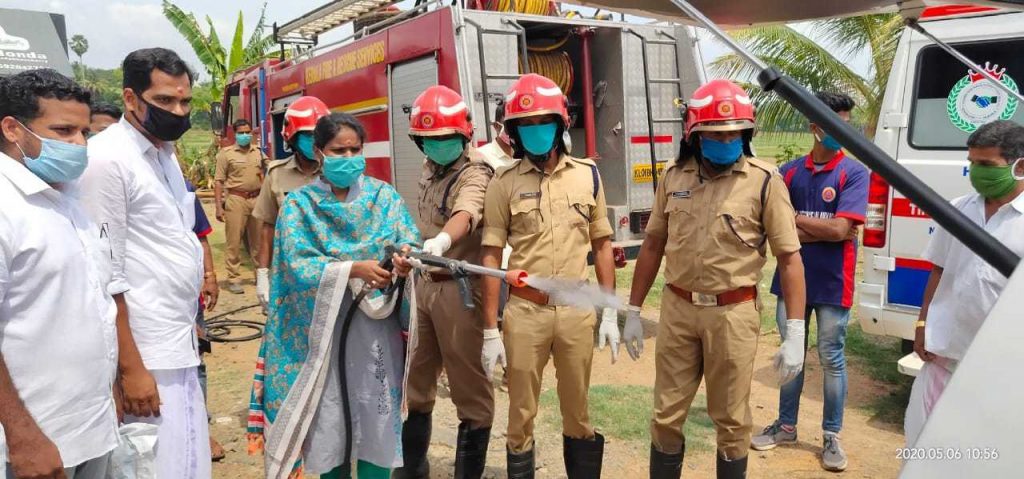
10. Do you think the ongoing political discourse of communalism is having an impact in your constituency? Tell us more about it.
Ramya Haridas: India is a democratic country. Everyone has a view about their rights. Communalism does not have any place in politics and in the mind of the people of India.
11. How has the experience of being a female MP been for you? We’re asking this in the context of women being a minority in the parliament, and politics being a highly misogynistic workplace.
Ramya Haridas: It is true that women are a minority in the parliament and also in politics. The parliament is the highest place in the Indian legislature and that is a place for submitting suggestions to do great things for our nation. But unfortunately, within the parliament, there have been a number of irrational incidents that have happened to me even as a Member of Parliament. This is not a fair and good practice for the women in politics.
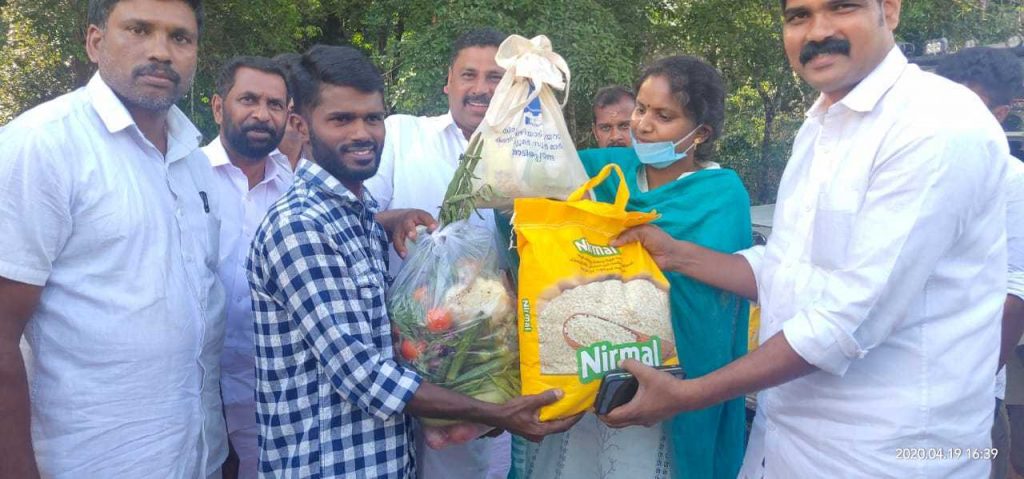
Also read: Prayagraj MP Rita Bahuguna Joshi Opens Up On Her Political Journey…
12. What are some of the goals you want to achieve specific to your constituency by the next three years?
Ramya Haridas: Agriculture is the backbone of India as 60 per cent of people in India are dependent directly on agriculture. Hence, the development of India can be possible only through agricultural development. So, the first goal is to enable the entire agriculturist community to get the benefit of their agricultural resources. The second goal is the development of the education system and high-tech institutions for the education of students. The third focus is on maintaining the health of people and building high-tech facilities for their treatment.
All pictures have been provided by Ramya Haridas.
About the author(s)
Poorvi Gupta is an independent journalist who has been covering gender through the intersections of caste, class, colour, age, community etc. Her work revolves around various issues that expose gender inequality and human rights violations in Indian society. In her free time, she calls out manels and casual sexism on social media and in her house too.
